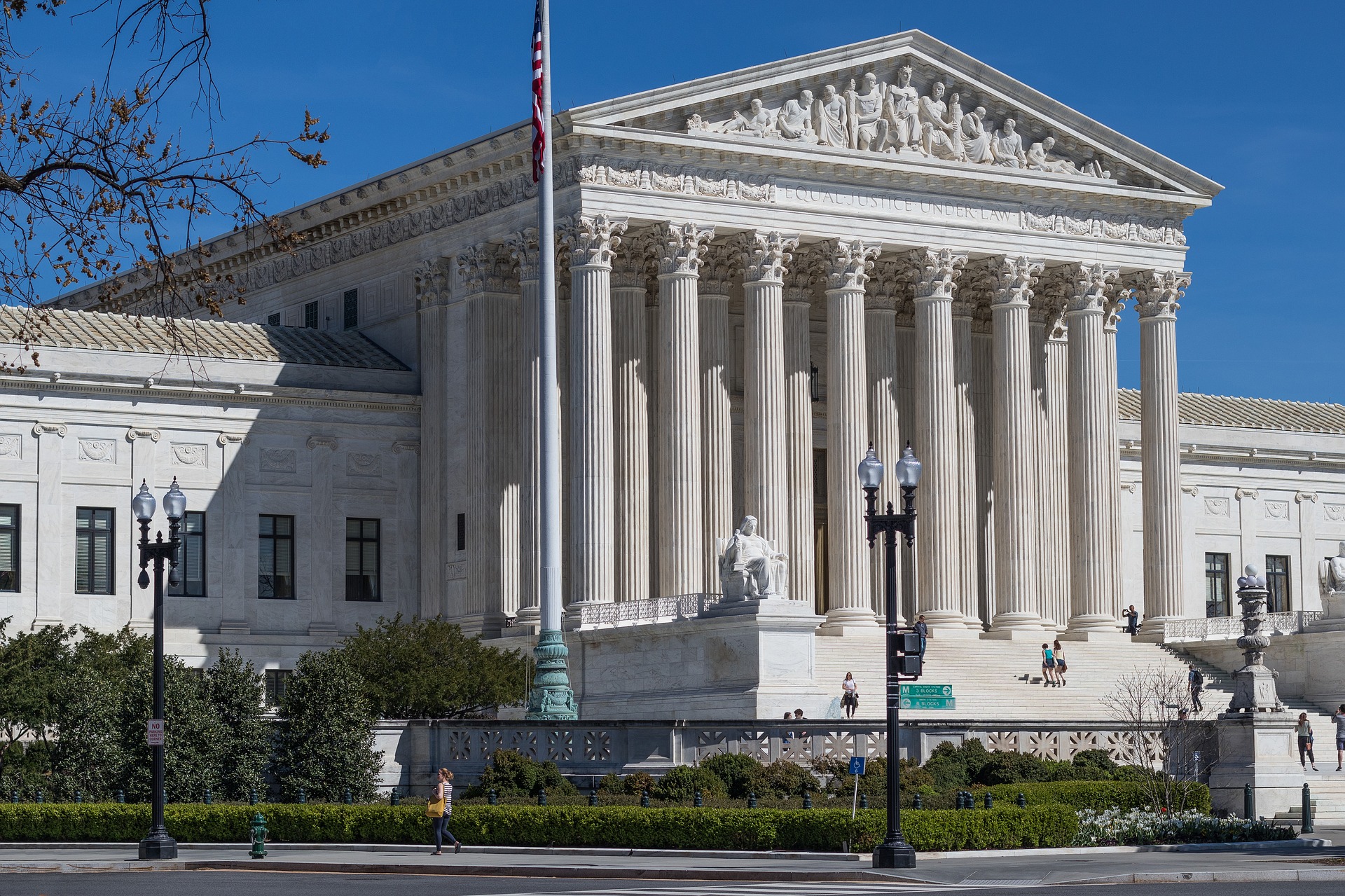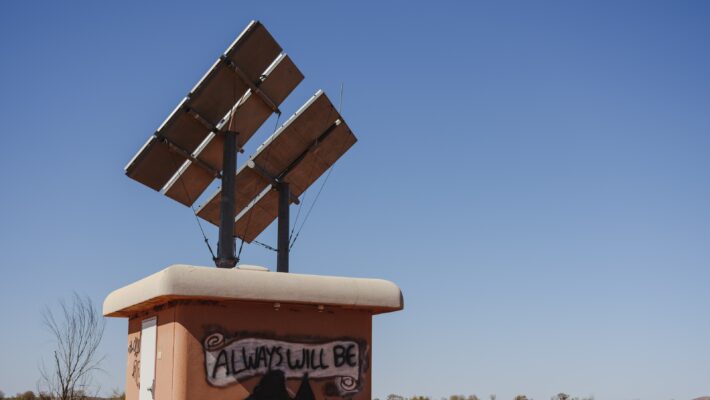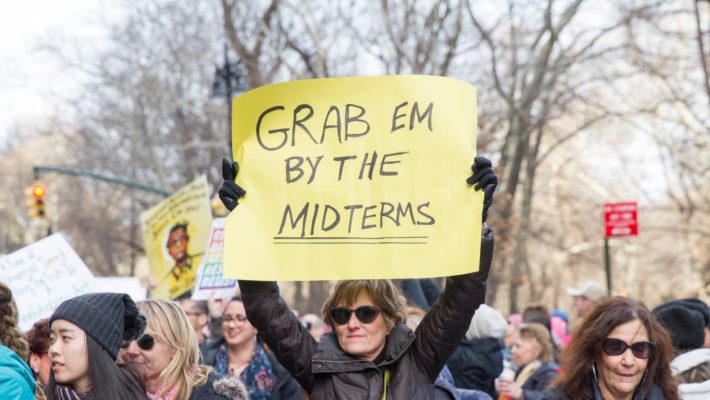“Get some sleep #NativeTwitter. Thursday is a big day at the Supreme Court.”
So tweeted Indianz.com last night as Indian Country went to sleep on pins and needles, with crossed fingers, holding lucky rabbit’s feet and sending up prayers to our ancestors on plumes of smoke.
Get some sleep #NativeTwitter. Thursday is a big day at the Supreme Court. https://t.co/L4BQ1k9kaq #HonorTheTreaties #ThisLand pic.twitter.com/iY2GzODou9
— indianz.com (@indianz) June 27, 2019
Today was the day the Supreme Court was meant to release their decision on Carpenter v. Murphy, “one of the most important tribal land cases ever.” Their decision to honor the treaties or not would forever alter the relationship between the United States and the sovereign Native nations whose land it occupies, especially those in Oklahoma (formerly Indian Territory), and most specifically the Muskogee Creek Nation.
But the decision never came. Indian Country Today reported this morning, following Scotusblog’s live updates:
The Supreme Court did not come to a decision in the Carpenter versus Murphy case. Amy Howe of Scotusblog reported: “The Chief has just announced that Carpenter v. Murphy will be restored to the calendar for reargument next term.”
This is a developing story.
Carpenter v. Murphy concerns “Whether the 1866 territorial boundaries of the Creek Nation within the former Indian Territory of eastern Oklahoma constitute an ‘Indian reservation’ today under 18 U.S.C. § 1151(a),” according to Scotusblog. A summary of the backstory goes something like this:
A Murder on Treaty Land, With Territorial Implications
In 2000, Patrick Murphy murdered George Jacobs, both Muskogee citizens. Murphy was tried and sentenced to death by the Oklahoma state justice system. But the Federal Court of Appeals for the Tenth Circuit reversed the conviction, saying the killing took place on land that Congress failed to properly steal, by their own rules, back in 1866. Based on the most current treaties, the land where the killing took place should technically still be Muskogee, and the crime should’ve been handled by tribal police, not state or federal law enforcement.
If the Supreme Court acknowledges the treaties and the sovereignty of the Muskogee Creek Nation, Murphy will have a chance to be retried under tribal jurisdiction. But the bigger implication is that 3.25 million acres, which include the city of Tulsa, would be returned to the Muskogee Creek Nation. Furthermore, half of the state of Oklahoma could suddenly be reinstituted as tribal land belonging to other nations, because of Congress’s past carelessness.
Native Nations Await SCOTUS’s Decision to Uphold the Treaties or Not
Just to be clear, Tulsa is Indian land. Oklahoma, like all of this continent, is Indian land. What’s in question is whether or not the United States, according to the terms of its own colonial rule, will be forced to recognize that. The stakes are high for this one. That’s why it’s such a letdown to see the case deferred until next term, without explanation.
The consensus leading up to this morning was that the decision was likely to be 5-3 against Murphy, or a 4-4 split based on Justice Neil Gorsuch’s recusation from the case. Justice Gorsuch was on the bench of the Tenth Circuit when the case originally came through. SCOTUS’s decision to punt the decision was unexpected. The case, which was argued in November and December 2018, will have to be argued again next term. Tribal leadership has not released a comment, Mvskoke media reports, but the Muscogee Creek Nation will have to keep waiting to see if the United States will follow through on its constitutional duty to honor the treaties.
Carpenter v. MurphyIndian TerritoryMuscogee Creek NationMvskokeOklahomaSCOTUSTreaty RightsTribal SovereigntyTulsa




